Introduction: Budgeting is often touted as a fundamental tool for managing finances, but its impact on credit scores is frequently overlooked. In this guide, we’ll explore the connection between budgeting and credit scores, and how implementing a budgeting strategy can help you boost your creditworthiness.
Understanding the Relationship Between Budgeting and Credit Scores:
- Establishing Financial Discipline: Budgeting instills discipline in spending habits, helping individuals maintain control over their finances.
- Identifying Areas for Improvement: A budget allows you to track where your money is going, making it easier to identify areas where you can cut back or redirect funds toward debt repayment.
Creating a Budget to Manage Your Finances Effectively:
- Calculate Your Income and Expenses: Determine your monthly income and list all recurring expenses, including bills, groceries, and debt payments.
- Set Clear Financial Goals: Establish short-term and long-term financial goals to guide your budgeting efforts, whether it’s paying off debt, saving for a down payment, or building an emergency fund.
- Allocate Funds Wisely: Prioritize essential expenses while allocating a portion of your income toward debt repayment and savings goals.
Impact of Budgeting on Credit Score Improvement:
- Timely Payment of Bills: A well-managed budget ensures that you have sufficient funds available to make timely payments on your bills and debts, thereby preventing late payments and negative marks on your credit report.
- Debt Reduction: By allocating extra funds toward debt repayment, you can accelerate the process of paying down outstanding balances, which can have a positive impact on your credit utilization ratio and overall credit score.
- Building an Emergency Fund: Having an emergency fund in place can help you avoid relying on credit cards or loans during financial emergencies, reducing the risk of accumulating additional debt and negatively impacting your credit score.
Tips for Integrating Budgeting Into Your Credit Building Strategy:
- Use Budgeting Apps or Tools: Leverage technology to streamline the budgeting process with apps or online tools that automate expense tracking and provide insights into your spending habits.
- Review and Adjust Regularly: Periodically review your budget to ensure it aligns with your financial goals and adjust as necessary to accommodate changes in income or expenses.
- Seek Professional Guidance: Consider consulting with a financial advisor or credit counselor for personalized guidance on creating and sticking to a budget tailored to your financial situation.
Conclusion: Incorporating budgeting into your financial routine is not only essential for managing day-to-day expenses but also plays a critical role in improving and maintaining a healthy credit score. By taking control of your finances through budgeting, you can set yourself on the path to financial stability and achieve your credit building goals. Remember, consistency and diligence are key, so start budgeting today to reap the rewards tomorrow.






